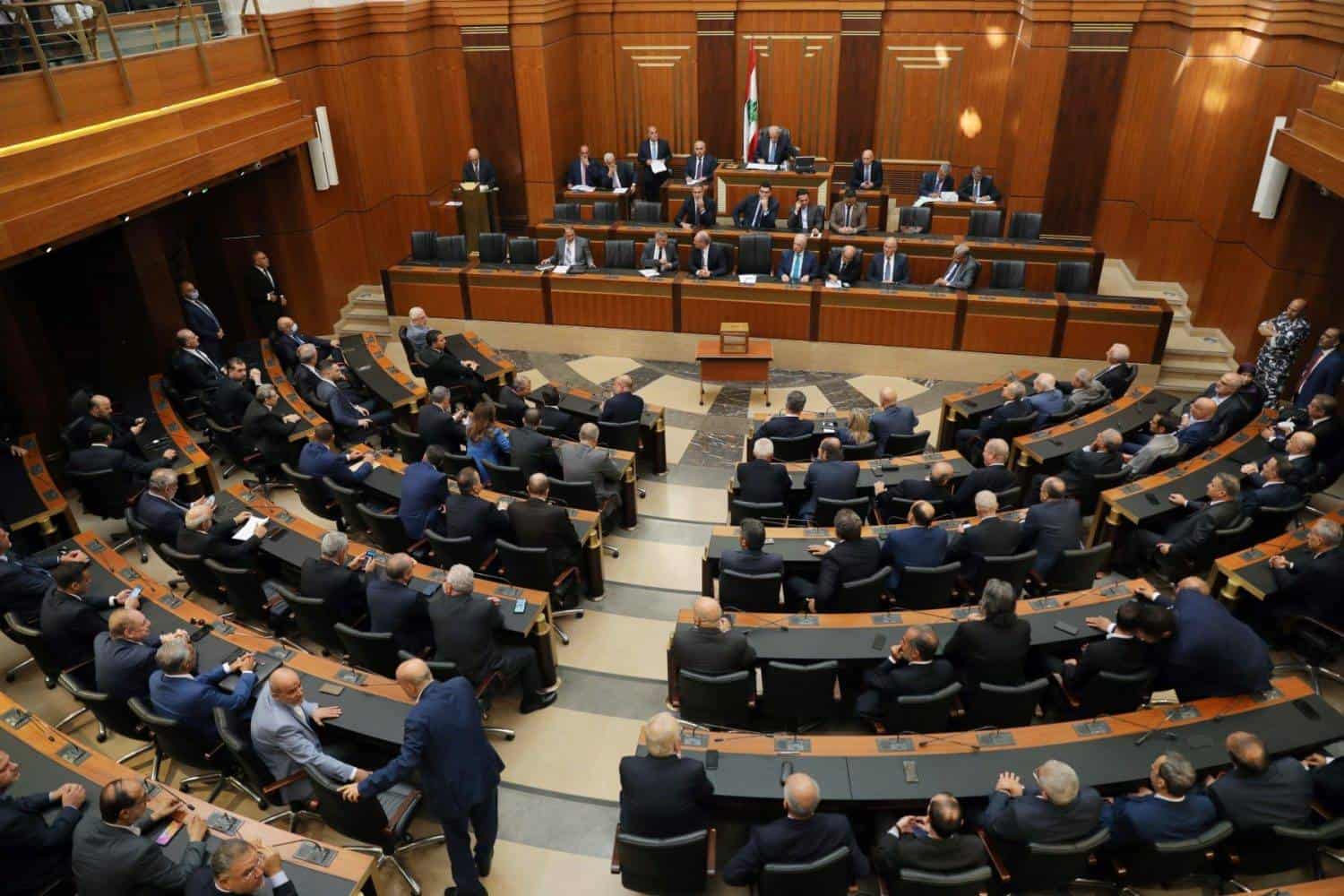Beirut, Lebanon–Lebanon’s parliament on Tuesday postponed municipal elections scheduled for next month, official media said, with the cash-strapped country mired in an unprecedented economic meltdown.
It is the second time the polls have been postponed, after they were initially scheduled to take place last year. No new date was announced for the vote.
“Parliament has approved a law extending the mandate of municipal councils… until May 31, 2024 at the latest,” the state-run National News Agency said.
Deputy parliament speaker Elias Bou Saab warned last week that “holding municipal elections has become almost impossible”, citing a lack of funds.
Delayed polls were commonplace in Lebanon even before 2019, when the country plunged into an economic crisis that the World Bank has described as among the planet’s worst in recent times.
The international community had urged Lebanese officials to hold the local vote on time.
“Conducting the municipal elections is important for adhering to Lebanon’s constitutional timelines and democratic practices, at a time when the country is already facing a presidential vacancy and widespread institutional paralysis,” United Nations Special Coordinator for Lebanon Joanna Wronecka said earlier this month.
Lebanon has been without a president for more than five months amid deadlock between entrenched political barons.
A caretaker cabinet has been at the helm since May last year after legislative polls gave no side a clear majority, while independents gained an unprecedented 13 seats after campaigning against the governing elite.
Lebanon is supposed to hold municipal elections every six years. The last local ballot was held in 2016.
Many blame the political elite for the meltdown, which has pushed most of the population into poverty.








